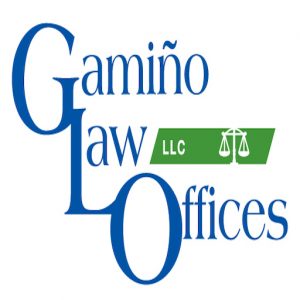By Attorney Carlos Gamino. Click here for audio version.
A criminal appeal is a way for a person who’s been convicted of a crime to ask a higher court to look for errors in the original case. An appeal determines whether the conviction – or the sentence the person received – was erroneously reached. Here’s the scoop on criminal appeals in Wisconsin (and how they work).
What’s a Criminal Appeal in Wisconsin?
The person who wishes to appeal a case is called the appellant – that’s the person who was the defendant in the original case. The appellant (usually with the help of a Wisconsin criminal defense attorney) argues that important legal mistakes affected the jury’s decision in the case’s outcome or the judge’s decision on sentencing. The two possible goals of an appeal are to have the case dismissed entirely or to grant the appellant a new trial or new sentence.
Related: What does it mean when you win an appeal in a criminal case?
What Does the Appeals Court Look At While Considering an Appeal?
When someone files an appeal, the court that’s reviewing the case looks at the record of the original proceedings. The appeals court doesn’t take new evidence into account; it only considers what was entered as evidence during the first trial, as well as transcripts of every statement made during the case.
The appeals court also looks at written briefs from both sides. A brief from the appellant’s side is a document that argues that the conviction or sentence was passed down in error, including how and why it happened. Usually, the government files its own brief that says why the conviction or sentence should stand as-is. Generally, the appellant can respond to the government’s brief, and in many cases, the appeals court will choose to hear oral arguments from each side before deciding whether to grant an appeal.
Related: The most common reasons to appeal a criminal case
Do You Need to Talk to an Attorney About Filing an Appeal?
Appeals are for cases that involve some type of legal error – and if you believe your case qualifies, we may be able to help you. Call our office at 414-383-6700 now to schedule your free consultation; we’ll be happy to answer your questions and help you get the best possible outcome.

